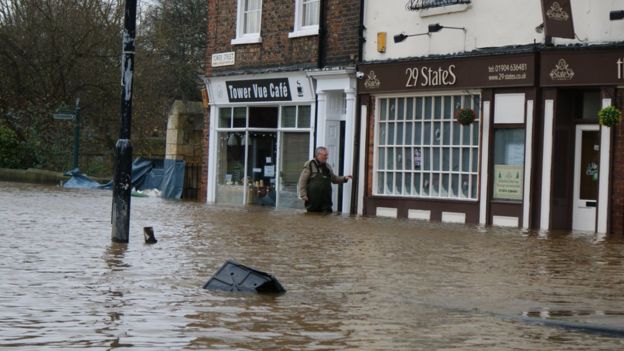six
SUSTAINABLE DEVELOPMENT GOALS:
ENSURE AVAILABILITY AND SUSTAINABLE MANAGEMENT OF WATER AND SANITATION FOR ALL
According to United Nations, at current rates, 1.6 billion people will lack safely managed drinking water, 2.8 billion people will lack safely managed sanitation, and 1.9 billion people will lack basic hand hygiene facilities.
We can also recognize this problem as water scarcity which known as a rising global issue in today's world. Water scarcity is described as a shortage of sufficient, clean drinking water that is accessible to humans and animals in a specific area.
Here are some of its factors:
- Flood
- Drought
- Deforestation
- Climate change
- Poor water management
- Increased world population
- Changed consumption pattern
The United Nations states that having free access to clean water is a basic right for every human being. Losing the chance to have decent water for daily living life may be harmful and hazardous to an individual's life and health.
Drinking contaminated water may cause ailments like:
Here are some of its targets:
6.1. By 2030, achieve universal and equitable access to safe and affordable drinking water for all.
6.2. By 2030, achieve access to adequate and equitable sanitation and hygiene for all and end open defecation, paying special attention to the needs of women, girls, and those in vulnerable situations.
6.3. By 2030, improve water quality by reducing pollution, eliminating dumping, minimizing the release of hazardous chemicals and materials, halving the proportion of untreated wastewater and substantially increasing recycling and safe reuse globally.
6.4. By 2030, substantially increase water-use efficiency across all sectors and ensure sustainable withdrawals and supply of freshwater to address water scarcity and substantially reduce the number of people suffering from water scarcity.
6.5. By 2030, implement integrated water resources management at all levels, including through transboundary cooperation as appropriate.
There are many practices we as a society can do in order to preserve and conserve water:
- Recycle water
- Taking a shorter shower
- Change our water use habits
- Checking your home taps for leaks
- Enhance agriculture-related practices
- Use and collect rainwater to wash our car
- Not letting the faucet run while washing our face
- Not letting the faucet run while brushing our teeth
- Invest in innovative technologies like nanofiltration
- Increase awareness and education about water scarcity
- Use a broom to clean sidewalks instead of water hoses
- Stopping industry and individuals from dumping toxic substances into water supplies
For extra information, let's watch this video together!




Comments
Post a Comment